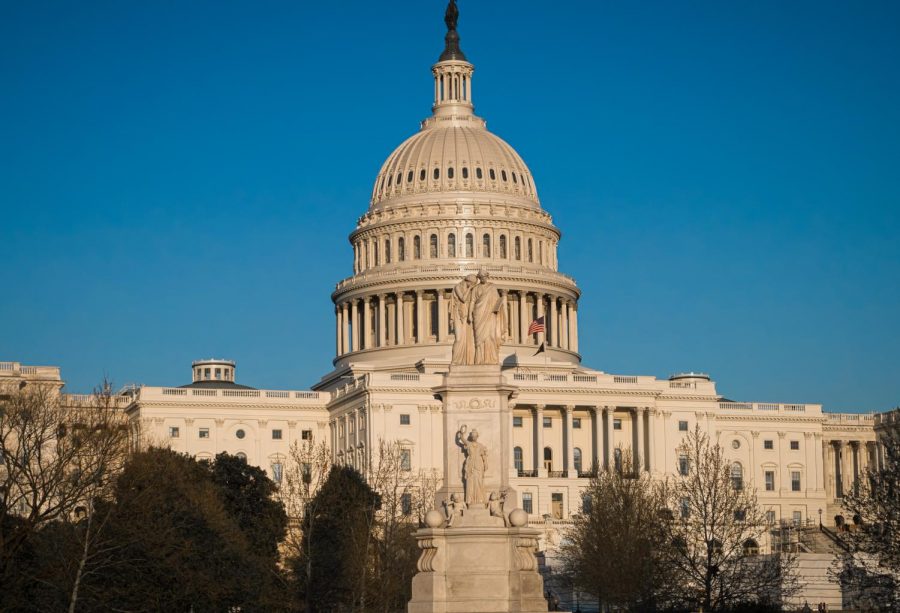Why Republicans didn’t support Biden’s bipartisan infrastructure bill
Biden’s new infrastructure bill was intended to be bipartisan, yet the vast majority of congressional republicans voted against it. The reason isn’t because of the bill itself; it’s because of something that politicians will never tell you.
Photo by Obi Onyeador on Unsplash
The house of representatives passes Biden’s $1.2 trillion infrastructure bill.

Biden’s new $1.2 trillion infrastructure bill passed the house last Friday night, with a vote of 226-208. Among the many investments in the the bill, $550 billion will be used to repair America’s infrastructure over the next five years, including funding for briges, rails, airports, waterways, and more. $65 billion will go toward improving the nation’s broadband infrastructure. Tens of billions will go toward improving the electrical grid, and $7.5 billion will go toward building a nationwide network of plug-in electric vehicle chargers. A recent poll has shown that the majority of Americans are on board with these investments. 56% of Americans support Biden’s infrastructure bill. Despite this support, the “bipartisan” bill won nearly all of its support from democrats. All but six democrats supported the bill, while all but thirteen republicans opposed it. Why? House Minority Whip Scalise gave his perspective to Fox. “They brought infrastructure and tied it together with this massive over $4 trillion tax and spend bill sit its one big package and we actively worked against it. There are no moderates, by the way, they are socialists and liberals and they finally worked some kind of bill together.” Congressman Scalise’s use of name-calling reveals the real reason the republicans opposed the legislation (which we will get to later). Regarding the new taxes in the infrastructure bill, the Joint Committee on Taxation (JCT) estimated that the bill will raise roughly $51 billion over 10 years; not the $4 trillion Congressman Scalise claimed. But still, that did not stop nearly all house republicans from voting against the bill. This brings back the question, why are so many house republicans opposed to the infrastructure bill?
One proposed explanation has nothing to do with the legislation itself. If this explanation is accurate, then almost no infrastructure legislation could actually garner bipartisan support. First, lets travel back in time to the 2012 presidential election. Immediately after taking control of the house and senate, congressional republicans made every effort possible to stop all left-leaning legislation of any kind from passing. Among these included immigration reform, gun control measures, investments in the economy, tax reform, and much more. The objective of the republicans was not simply to pass what was good for their party or the country, it was to create the perception that Obama was incapable of passing legislation, and consequently, create opposition to Obama.

Today, we see a similar occurrence. While democrats do control both the house and the senate, their slim majorities make it difficult to pass any partisan legislation. Ever since democrats won the senate back in January, moderates including Senators Joe Manchin and Kyrsten Sinema have been giving others, specifically progressives, a hard time passing legislation, especially if there is no republican support. The republicans consistent opposition to any and all legislation under the Biden administration demonstrates the parallels between the Republican Party of today and the Republican Party of 2012. Given this context, the quote from Congressman Scalise makes much more sense. He doesn’t give valid criticisms of the bill. Instead, he name-calls and lies about the content of the bill to make people afraid of new bridges and safer living conditions.
Regardless, President Biden signed the infrastructure bill Monday making it the first successful piece of his party’s economic agenda.





